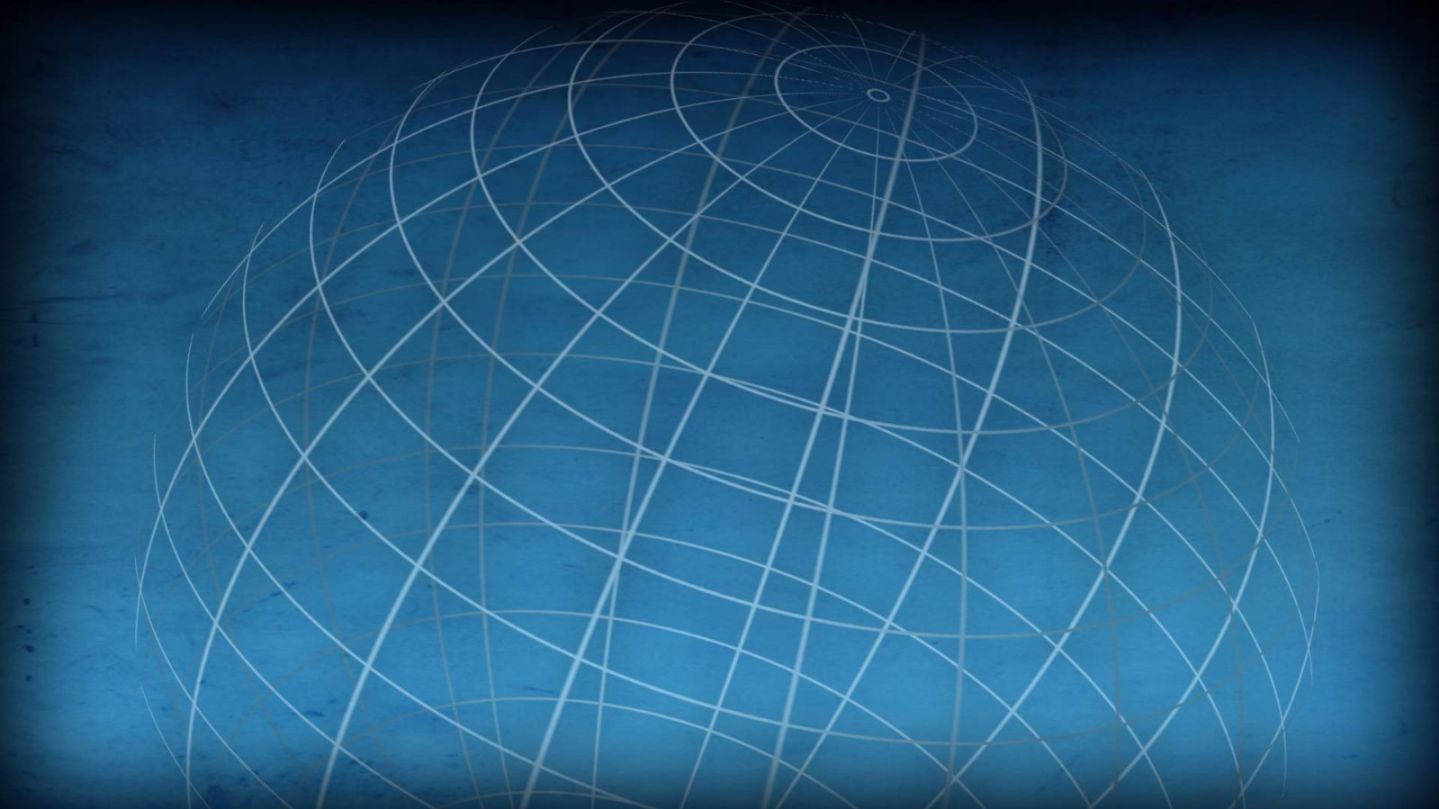Story highlights
Thousands of migrants are waiting in miserable conditions to cross into Macedonia from Greece
The migrants, many from Syria, want to pass through Macedonia to reach western and northern European nations
Amid scenes of misery, thousands of migrants – most of them fleeing Syria’s bitter conflict – remained stranded Saturday in a no-man’s land on the border between northern Greece and Macedonia.
A CNN team saw armored vehicles on the Macedonian side of the border, preventing the men, women and children crammed up against the concertina wire that demarcates the border from crossing.
As some started rushing the razor fence and opened up a section of it, Macedonian military fired two stun grenades.
Overnight Friday to Saturday it rained for hours, adding to the woes of those caught in the bottleneck.
Refugees who are soaking wet and hungry in makeshift camps, with only a few nongovernmental organizations present to help, told the CNN team of sheer misery.
A Syrian man said he never imagined Europe would be like this.
“Look at her,” he said, motioning to his 3-year-old daughter in his arms. “In Syria she was a princess, now she is like a rag. They are treating us like animals.”
He said that if someone could get him back to Syria, he would go. “Better to die from bombs in my homeland than die out here,” he said.
A pregnant woman who was begging Macedonian police for an answer as to whether people would be allowed to cross was seen quivering and breaking down in tears.
An elderly man sitting at her feet pointed toward his heart. He has had two surgeries and isn’t well, he told CNN.
The desperate scenes come after Macedonia declared a state of emergency Thursday in its southern and northern border regions as it struggles to deal with the flow of migrants. The decision cleared the way for the country’s army to help deal with the crisis.
Police fired tear gas on Friday to stop the massed crowds of men, women and children rushing across the border from Greece.
Macedonia is not a member of the European Union, but a favored transit country along migrant routes toward Western and Northern Europe.
Closing off Macedonia would create a bottleneck in Greece, which is an EU state but is already struggling to cope with a huge influx of migrants thanks to its ongoing economic difficulties.
‘Terrifying’ conditions
Ivo Kotevski, a spokesman for Macedonia’s Interior Ministry and the Macedonian police, told CNN Saturday that the country is under great pressure from the Greeks to find a solution.
Officials are letting a limited number of migrants in at designated checkpoints, Kotevski said. But since Macedonia is not part of the European Union it does not have access to additional assistance, and simply cannot accommodate large numbers of migrants in a humane way, he said.
Kotevski urged the international community not only to help with transportation, housing and handling of the current wave of migrants, but also to find a long-term solution to the crisis.
Nawras, 25, who arrived at the Greece-Macedonia border three days ago from Syria, described the standoff with police as “terrifying” and said stun grenades and tear gas were being used on women and children.
Some migrants were allowed across the border late Friday but many others were forced to wait in a cold, heavy rain, Nawras said.
“I don’t know what to do,” he said by phone. “This is miserable.”
Minister: Crisis beyond what Macedonia can handle
An estimated 44,000 migrants have arrived in Macedonia in the last two months, including 33,461 Syrians, the Macedonian Interior Ministry said. The rest come from Afghanistan, Iraq, Pakistan and various African countries.
Migrants who express interest in applying for asylum gain the right to spend three days in Macedonia until they apply for asylum. Most use that time to travel to the Serbian border, according to the country’s state-run Macedonian Information Agency.
For migrants, crossing through Macedonia is the most dangerous part of the journey because of armed gangs and Mafia. The migrants often wait until they are in large groups to cross safely.
Macedonia’s Foreign Minister Nikola Poposki told CNN’s “The World Right Now” on Friday that there had been a dramatic increase in the number of illegal migrants trying to enter Macedonia over the past few days.
“I think that probably the last couple of days have been the most dramatic ones, with numbers around 3,000 to 4,000 migrants coming in to the Macedonian border on a daily basis,” he said.
“Obviously this was far beyond what the local authorities could have handled, and this has caused a massive border queue which is now trying to be resolved and numbers are decreasing.”
He insisted his small country of 2 million people was doing what its best to handle the influx of migrants.
“Obviously these are people that are not going on holidays, but are suffering tremendously back home, mainly from Syria and Afghanistan and other countries,” he said.
There’s no way to resolve the situation without a coordinated response from the European Union, he added.
Wider crisis
The bottleneck in Macedonia is just one part of a wider crisis.
The U.N. refugee agency, the UNHCR, said Tuesday that the number of refugees and migrants arriving in Europe by sea this year stood at some 264,500 as of August 14, including 158,456 to Greece, about 104,000 to Italy, 1,953 to Spain and 94 to Malta.
During the same period, 1,716 refugees and migrants entered Greece through its land border with Turkey, UNHCR spokesman William Spindler said.
The majority of those arriving in Greece in recent days are Syrians, Afghans or Iraqis, he added, so are likely to qualify for refugee status.
CNN’s Arwa Damon and Gul Tuysuz reported from northern Greece and Laura Smith-Spark wrote from London.





